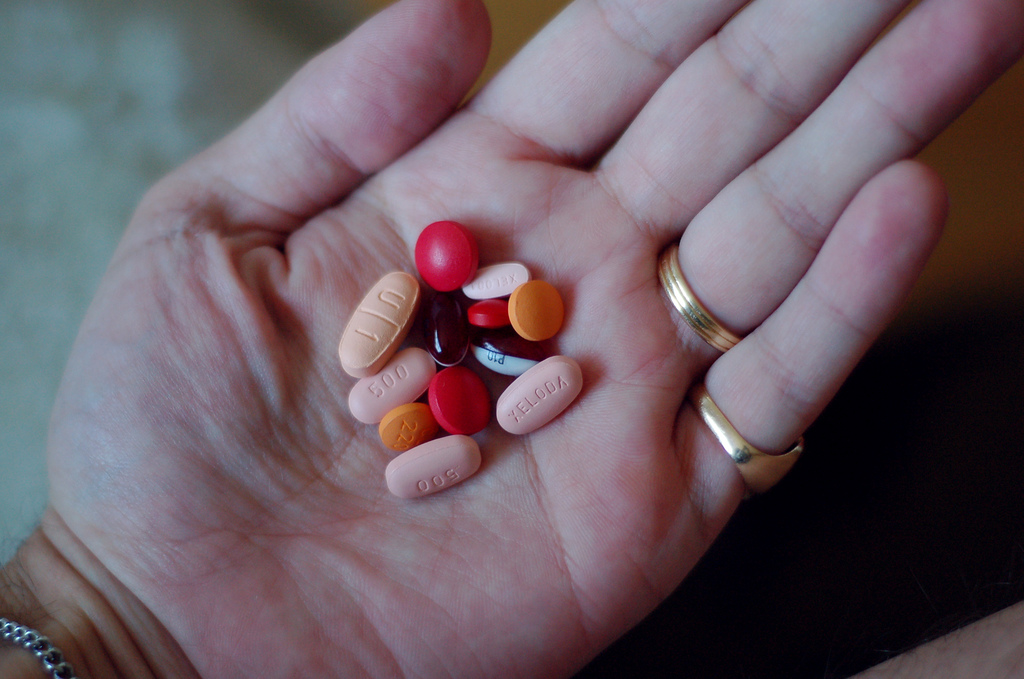
Analgesic rebound headache is headache syndrome that occurs from overuse of headache medications. The patients usually try to self-medicate for treatment of their pain. Increasing doses and frequency of medication administration may then occur. As the doses escalate, the headaches become unresponsive to these medications. The patient develops a chronic daily headache. Failure to take these medications will then result in a worsening of the headache. Most of the common medications used for treatment of headache have been implicated in this problem, including acetominophen, non-steroidal anti-inflammatories (NSAIDs), opioids, and triptans. There is no test to diagnosis analgesic rebound headache. A thorough history and physical examination from a pain management physician who has experience with this issue is the best diagnostic test. Any change in a previously stable headache pattern or onset of new severe headache should provoke the physician to order an MRI of the brain to exclude life threatening conditions. The treatment of analgesic rebound headache is the discontinuation of all medications used for treatment of the pain. Since this may provoke a withdrawal syndrome and a worsening of the headache, inpatient medical treatment in the hospital may be necessary. The discontinuation of some of these medications after the patient has been habituated is a serious endeavor and should only be done under the supervision of a trained pain management physician.